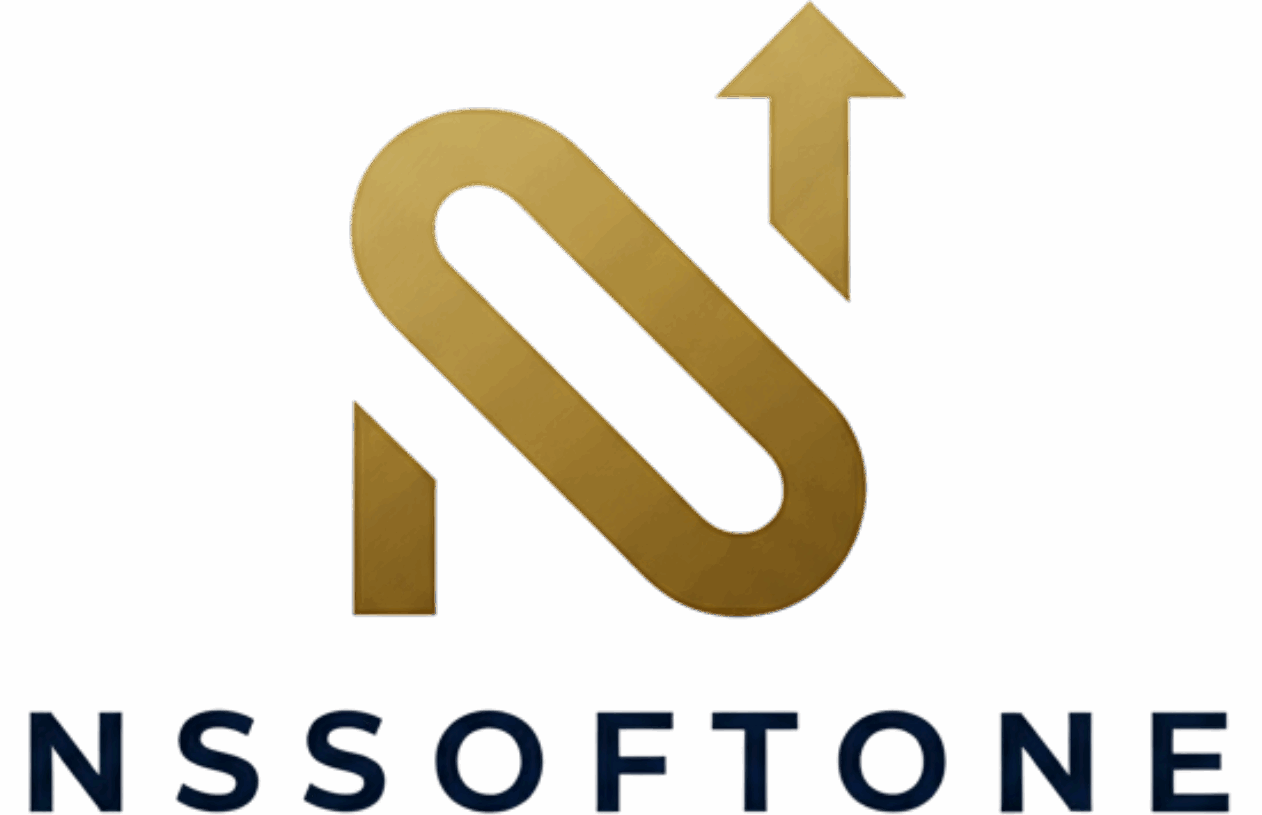In an era defined by rapid economic shifts, complex financial products, and ubiquitous consumer debt, the quest for Financial Independence (FI) has become a central aspiration for many. Financial Independence, often mistakenly equated with vast wealth, is more accurately defined as having sufficient passive income to cover one’s living expenses, freeing an individual from the necessity of earned income. The bridge between a financially dependent present and an independent future is built, brick by brick, by one critical foundation: Financial Education.
Far more than just knowing how to balance a checkbook, genuine financial literacy is the comprehensive understanding of how money works, how to make it work for you, and how to navigate the complex economic landscape with confidence and clarity. It is the indispensable catalyst that transforms aspiration into actionable reality.
🛠️ The Foundation: Core Pillars of Financial Literacy
Financial education doesn’t just impart knowledge; it fundamentally changes one’s relationship with money, fostering a mindset of stewardship and foresight. To achieve FI, one must master four core pillars of financial literacy:
1. Budgeting and Cash Flow Management
Many view budgeting as restrictive, a financial diet of ‘no.’ Financially literate individuals understand it as a powerful tool for intentional spending. Education teaches that a budget is not a cage, but a roadmap —a means of tracking, categorizing, and, most importantly, optimizing cash flow. Mastery here ensures that a positive net flow of money is directed towards saving and investment, not just consumption. It is the crucial step of living below your means, a non-negotiable prerequisite for FI.
2. Debt Management and Credit Mastery
For those pursuing FI, debt is often the most significant obstacle. Financial education illuminates the difference between ‘good debt’ (e.g., a mortgage or a low-interest loan for a high-return education) and ‘bad debt’ (e.g., high-interest credit card debt). Crucially, it provides the structured strategies—like the ‘Debt Snowball’ or ‘Debt Avalanche’ methods—to systematically eliminate bad debt, which acts as a massive headwind against wealth accumulation. Furthermore, understanding credit scores and reports is vital for reducing borrowing costs, which saves hundreds of thousands of dollars over a lifetime.
3. The Science of Saving and Emergency Preparedness
The concept of saving evolves from merely putting money aside to the strategic creation of a Financial Safety Net. Education stresses the importance of an Emergency Fund , typically three to six months of living expenses, to weather unforeseen life events (job loss, medical emergencies) without derailing long-term FI goals. This practice instills discipline, reducing financial anxiety and preventing the liquidation of investment assets during market downturns.
4. Investing: Turning Money into a Workforce
This is where financial independence is truly forged. Saving alone is not enough; inflation gradually erodes purchasing power. Financial education demystifies the world of investing, transforming abstract concepts like compound interest, risk tolerance, and asset allocation into comprehensible, actionable strategies. It empowers individuals to:
- Harness Compound Interest: Understanding the exponential power of reinvested earnings.
- Diversify Risk: Learning to spread investments across different asset classes (stocks, bonds, real estate) to mitigate market volatility.
- Optimize for Retirement: Navigating tax-advantaged accounts like 401(k)s and IRAs to maximize long-term growth.
💡 The Long-Term Impact: From Literacy to Liberation
The role of financial education extends beyond mechanical skills; it cultivates a crucial Financial Mindset:
A. Shielding Against Financial Scams and Predatory Practices
Financially illiterate individuals are disproportionately targeted by scams, high-fee financial products, and predatory lending. A strong foundation in finance equips an individual with the critical thinking skills to evaluate complex products, question unusually high returns, and recognize red flags. This defensive knowledge is as valuable as offensive investment strategy.
B. Empowerment and Reduced Financial Stress
The number one cause of stress for many adults is their financial situation. Financial education provides a sense of control. When individuals understand their current situation and possess a clear plan for the future, the paralyzing fear and anxiety dissipate. This newfound empowerment fosters better decision-making in all areas of life, not just finance.
C. Intergenerational Wealth Transfer and Legacy
Perhaps the most powerful long-term role of financial education is its ability to break cycles of poverty and financial dependence. Financially literate parents are far more likely to raise financially literate children, teaching them foundational money concepts from an early age. This creates a positive feedback loop, leading to smoother wealth transfer and establishing a solid financial legacy for future generations.
D. Informed Consumer of Financial Services
In the modern financial world, nearly every product—from checking accounts to insurance policies—comes with embedded fees, terms, and conditions. Education allows an individual to move from a passive recipient to an active, informed consumer, critically comparing services, negotiating fees, and choosing products that truly serve their goals rather than enriching the provider.
📈 The Journey Forward: Lifelong Learning
The path to Financial Independence is not a single sprint but a lifelong journey of continuous learning. Economic policies change, new investment vehicles emerge, and tax laws are revised. Therefore, effective financial education must be viewed as an ongoing commitment, rather than a one-time course.
The tools are now more accessible than ever: reputable online courses, best-selling books on personal finance, educational podcasts, and trusted financial blogs. The key is to seek out unbiased, high-quality sources that prioritize sound, fundamental principles over ‘get rich quick’ schemes.
Ultimately, financial education is the engine of financial independence. It replaces fear with facts, passive hope with active planning, and dependency with self-reliance. It is the single most powerful investment an individual can make, yielding returns not just in dollars, but in peace of mind, freedom, and the ability to shape one’s own destiny. Mastering one’s money is, in the deepest sense, mastering one’s life.




